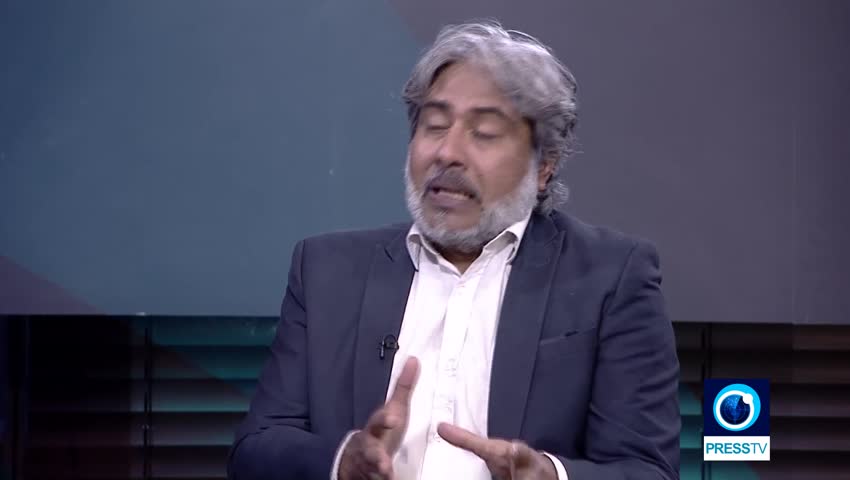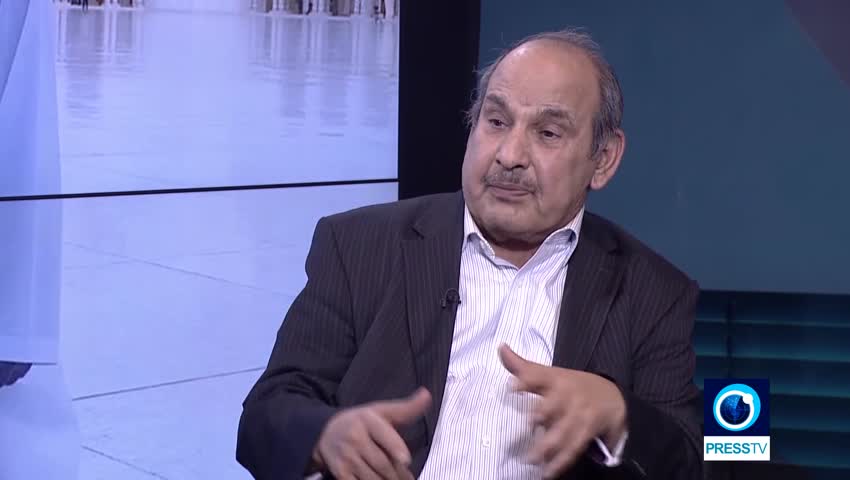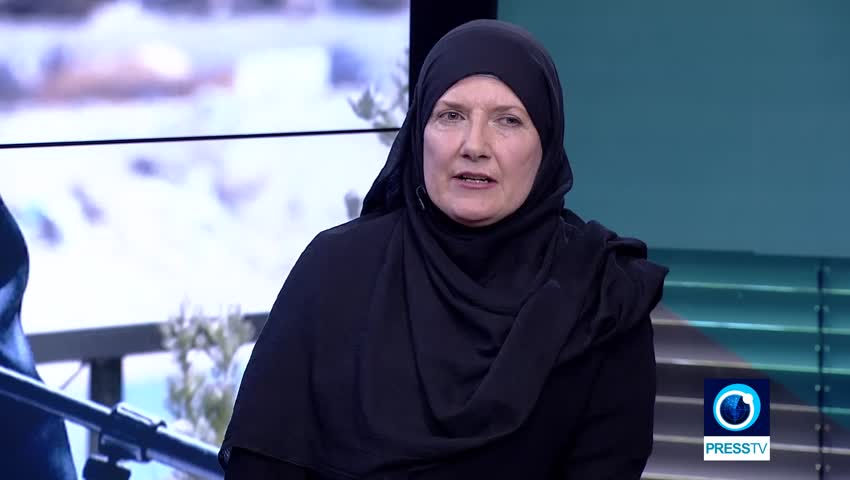Commemorating Nakba Day
The Palestinian exodus known as the Nakba or "Catastrophe" occurred when more than 700,000 Palestinian Arabs fled or were expelled from their homes during the 1948 Palestine war by Zionists.
The very precise number of refugees is a matter of dispute but around 80 percent of the Arab inhabitants of what became Israel (50 percent of the Arab total of Mandatory Palestine) left or were expelled from their homes.
Factors behind the exodus include Zionist military advances, attacks against Arab villages and fears of another massacre by Zionists after the Deir Yassin massacre which caused many to leave out of panic. There were also expulsion orders by Zionist authorities.
Later, a series of laws passed by the first Israeli government prevented refugees from returning to their homes, or claiming their property. They and many of their descendants remain refugees.
The expulsion of the Palestinians has since been described by some historians as ethnic cleansing.
The status of the refugees, and in particular whether Israel will grant them their claimed right to return to their homes or be compensated, are key issues in the ongoing Israeli–Palestinian conflict.
The events of 1948 are commemorated by Palestinians both in the Palestinian territories as well as elsewhere on 15 May, a date now known as Nakba Day.
VIDEO | Hundreds of students take to streets in Milan in support of Palestine
UN warns hundreds of thousands of Sudanese under ‘immediate danger’
Iraqi resistance strikes ‘vital’ target in Eilat after Israel attacks PMU base
North Korea conducts cruise missile warhead test: State media
Israeli airstrike kills at least 7 people in Rafah
VIDEO | Iranians hold nationwide demos in support of IRGC
Syria condemns US veto of Palestine UN membership resolution
Iraqi resistance forces hit Israeli Ovda air base









 This makes it easy to access the Press TV website
This makes it easy to access the Press TV website